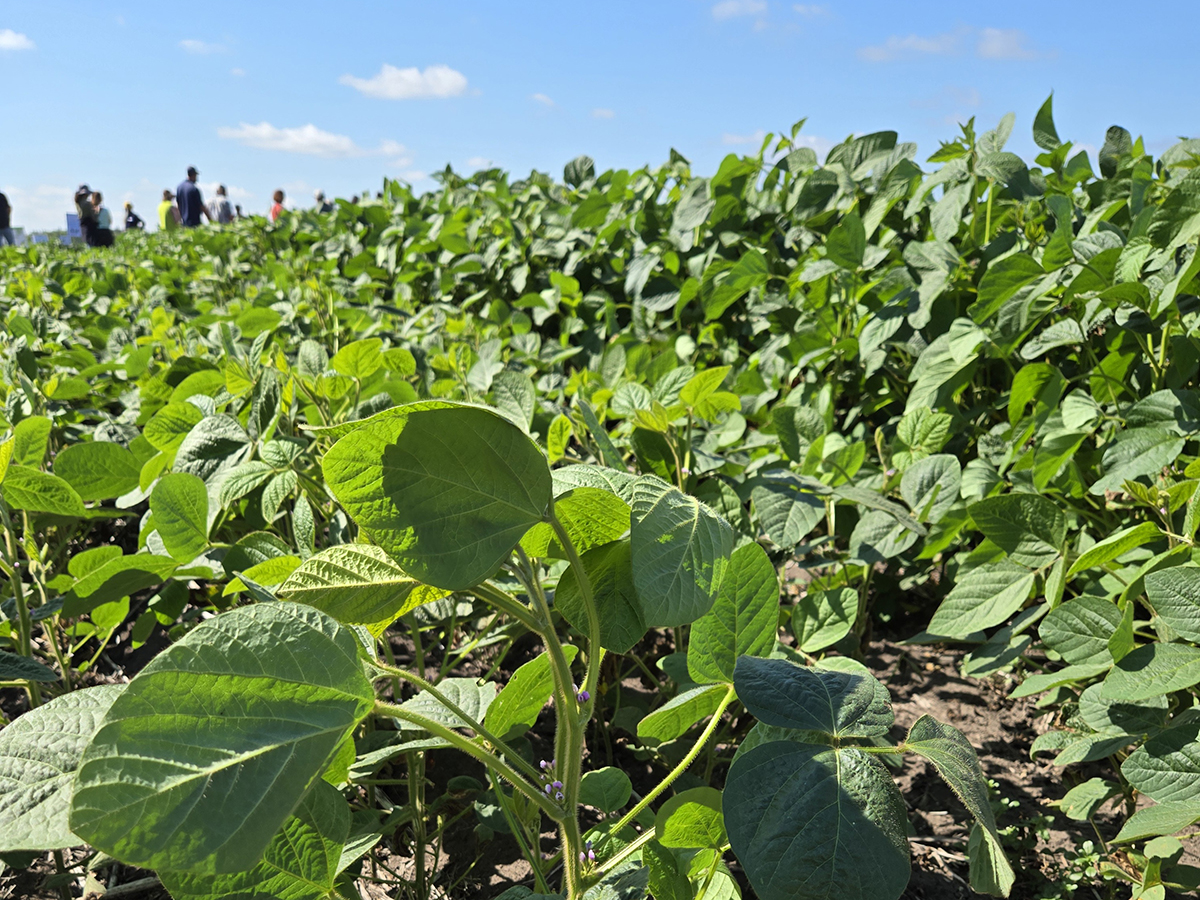The federal government isn’t saying whether it will respond to a request for emergency funding to help offset the impact of rising food prices on the world’s hungry.
In the House of Commons April 18, Bloc Québécois MP Claude DeBellefeuille demanded an answer. It has been weeks since a senior World Food Program (WFP) official was in Ottawa asking Canada to contribute to an appeal for $500 million in additional funding.
The government was told that by May 1, food aid to already hungry people will have to be rationed and it will be a process of deciding “who lives and who dies.”
Read Also

Spider mites big soybean problem this season
Spider mite issues have been geographically limited but significant where they occur, said John Gavloski, an entomologist with Manitoba Agriculture.
However, the parliamentary secretary to the minister for international co-operation was non-committal.
“This government is very concerned about the crisis in food aid and the rising cost of food,” said Calgary MP Deepak Obhrai.
“The minister just had a meeting with her counterpart in Japan about how to address this issue.”
He said Canada is the second largest contributor to the WFP.
Meanwhile, Canadian aid groups are telling the government and their supporters that they need more money to fund their food aid programs.
The Canadian Foodgrains Bank said it will have to raise millions of extra dollars this year to maintain its commitments.
“The CFB has estimated that the amount of food aid we can provide will decline by at least 25 percent and probably much more unless we can secure additional funding,” the church and farmer-supported group said in an analysis published April 16.
“We will be appealing to our donors and the Canadian government for additional funding. We need at least $5 million in additional funding to maintain current levels of programming.”
In Rome, international aid and development groups met to discuss how to change the focus of aid and development work.
At the centre of the talks was a discussion paper produced by academics at Tufts University in Boston that argued international food aid challenges are going to get worse and the donor community should change its approach. Climate change will be an increasing cause of catastrophe.
“Humanitarian crises with food security dimensions are increasing in frequency, scope and complexity,” the report said. “There is a growing reservoir of vulnerable states characterized by fragile economies and by livelihoods pursued by economically and physiologically vulnerable people.”
It suggested that the current approach to dealing with food insecurity is too focused on reacting to crises and too little focused on averting crises by development and anticipating need.
“There are major gaps in current approaches to tackling chronic and transitory food insecurity,” the report said.
Attempts to invest in development projects aimed at reducing the risk of disaster often “fail to make explicit links to livelihood protection and food security,” it added.
Any real risk reduction program should include a food security early warning system, environmental protection and investments that make farms resilient in the face of climate challenges, it said.














